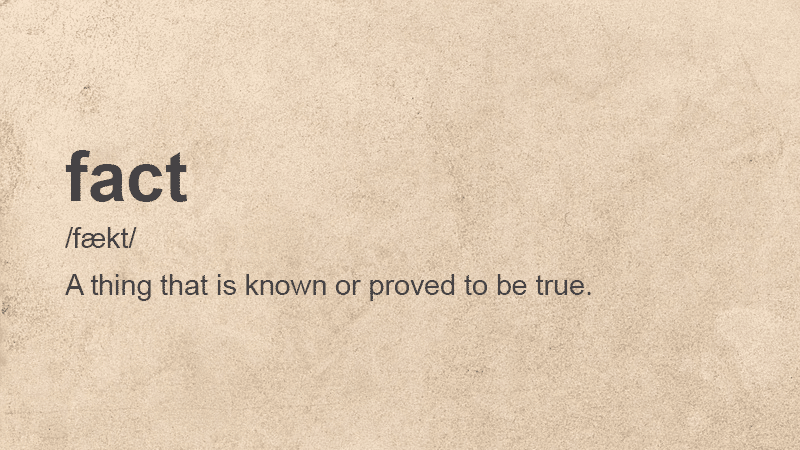When is a factsheet not a factsheet?

Abortion is a controversial subject. And giving young people correct information is important.
The Royal College of Obstetricians and Gynaecologists (RCOG) and the Faculty of Sexual and Reproductive Healthcare (FSRH) claim this is their goal for a resource on abortion aimed at secondary school children.
They want the Department for Education to give it its backing. But a closer read should give the DfE plenty of cause for concern.
Because a “factsheet” which includes fictional and misleading information fails to live up to its name.
‘Baby’ or ‘pregnancy’
Yes, those growing humans who kick in the womb, who bring a flutter of excitement, who very much make their presence known, aren’t humans at all, according to this document.
“An abortion is a way of ending a pregnancy, either by using medicine (prescribed drugs) or through a surgical procedure which removes the pregnancy from the womb.” [Our emphasis.]
It’s so sad that while society is capable of articulating the truth when it wants to on unborn life, when it doesn’t the child is simply a “pregnancy”.
Do babies feel pain?
“An abortion is a way of ending a pregnancy, either by using medicine (prescribed drugs) or through a surgical procedure which removes the pregnancy from the womb.” [Our emphasis.]
This “fact” cites nine-year-old research from RCOG as evidence.
This same research claims that an unborn baby “never experiences a state of true wakefulness in utero” and is kept “in a continuous sleep-like unconsciousness or sedation”! Many expectant mothers would beg to differ.
Yet, medical practice utterly refutes the claim that unborn babies don’t feel pain before 24 weeks.
That’s why in-womb surgery – expected to be routinely available on the NHS from April – includes pain relief for the baby.
This was confirmed by Health Minister Jackie Doyle-Price in Parliament in February (pdf, p35). Responding to a question from Conservative MP Sir Edward Leigh, Doyle-Price said: “Pain relief for the unborn baby will be delivered intra-operatively.
“This is administered before the fetal surgery, after the uterus is opened”, adding: “The surgery takes place between 20 and 26 weeks of gestation.” So even in Parliament the need for pain relief is recognised from 20 weeks. Others would argue babies feel pain much earlier.
Our children deserve better
Alongside these concerns, other major question marks for the Department for Education to consider include:
- The statement that even at “later gestations an abortion will be safer than carrying the pregnancy to the full gestation”, and that abortion “is extremely safe in a UK setting”. (Not, of course, for the unborn child).
- Quoting research showing “experience of abortion makes little or no difference to women’s mental health”. (Our Choose Life series tells a different story, as does this mother).
- Downplaying conscientious objection to abortion. (Far from the spirit of the law).
- Stating that “all children” should be educated about abortion. (Is this a subject that’s appropriate for all ages?).
- Pointing people to abortion provider BPAS. (BPAS supports New York’s radical late-term abortion laws that effectively allow abortion up to birth).
All this being promoted for use in schools by groups that claim to provide “medically accurate information”.
In reality, what is medically accurate is that human life begins at fertilisation.
If the DfE reads this document thoroughly, it cannot endorse it.
Our children deserve better.
Let’s pray – and work – to help society catch up with science and recognise that all people are worth valuing.
